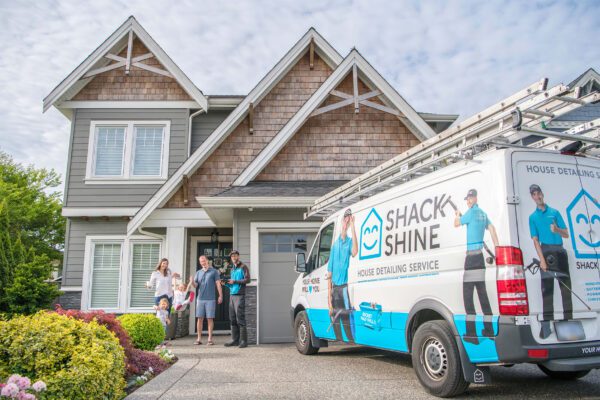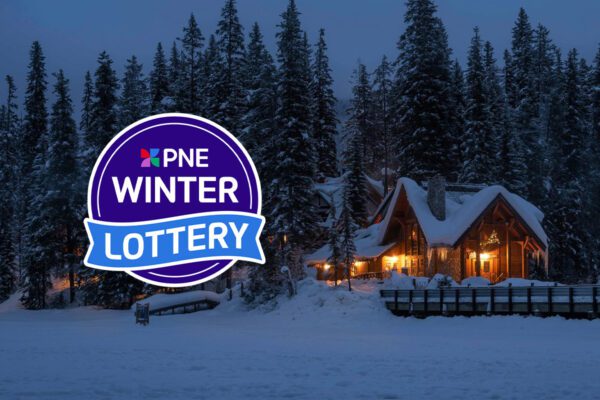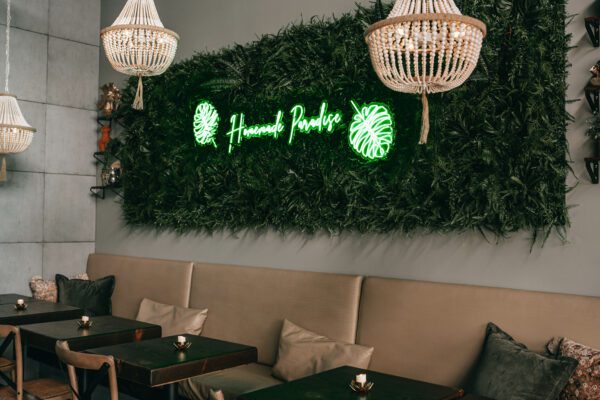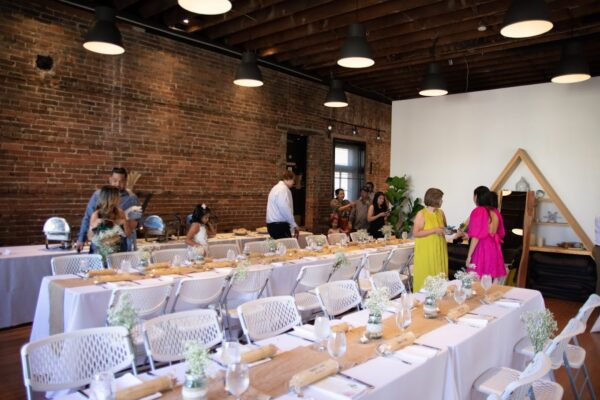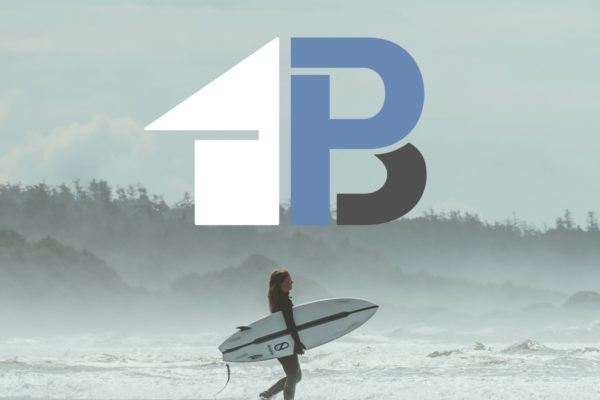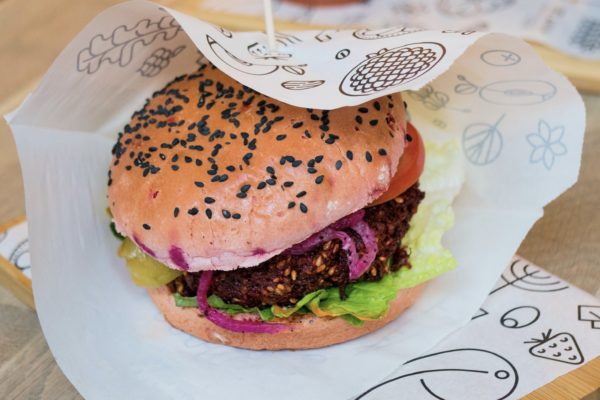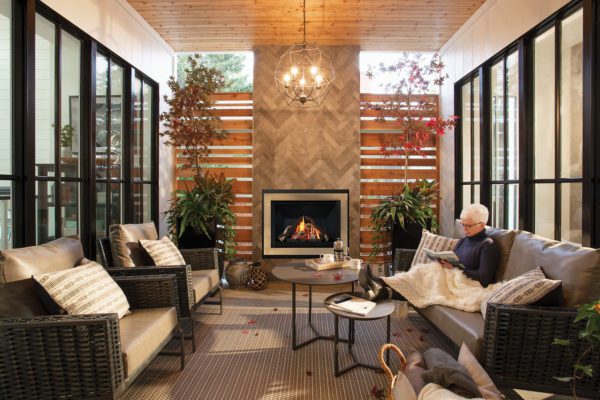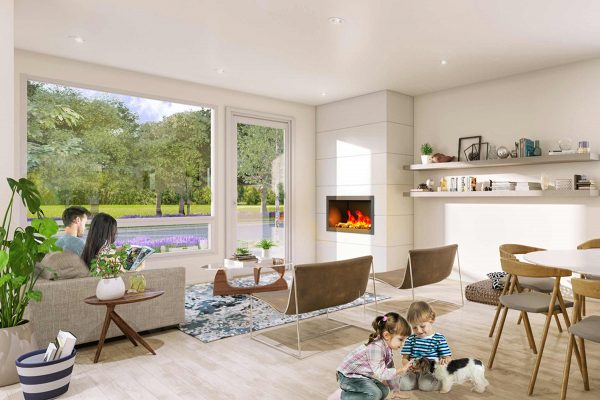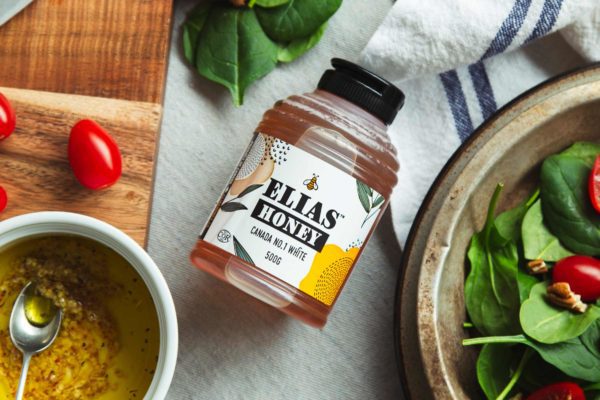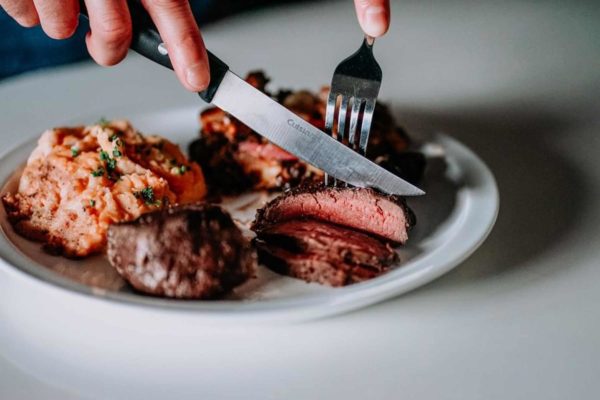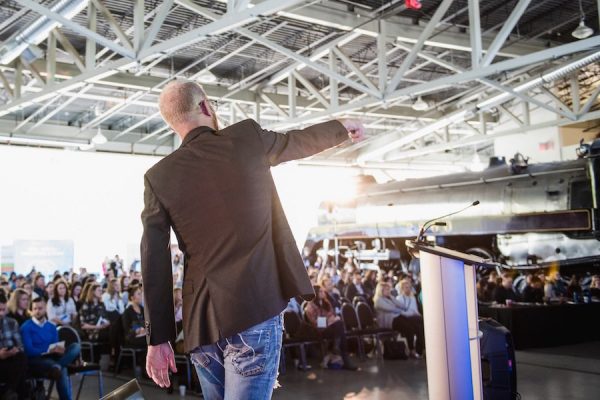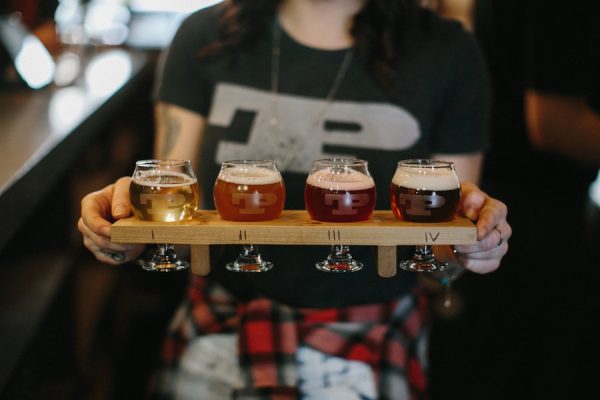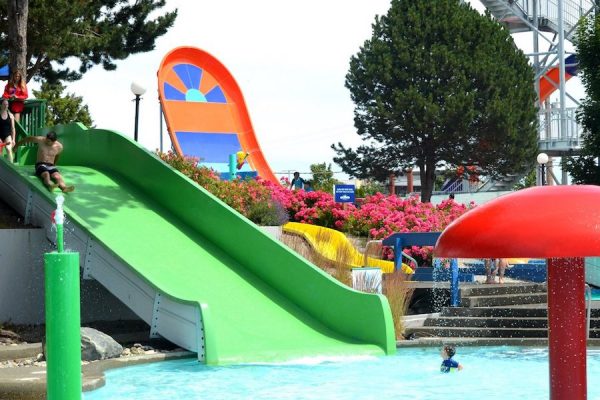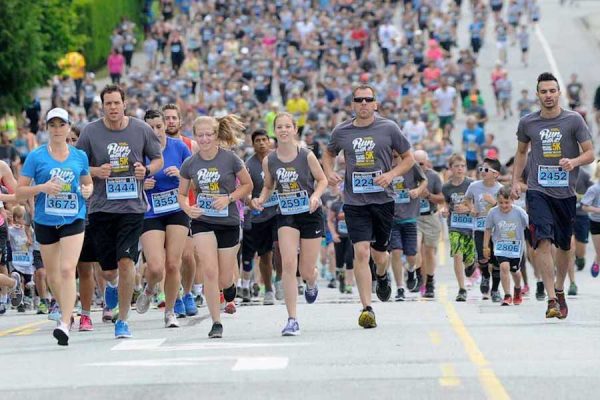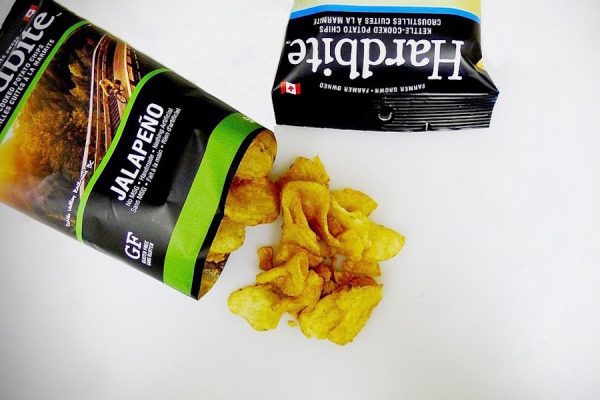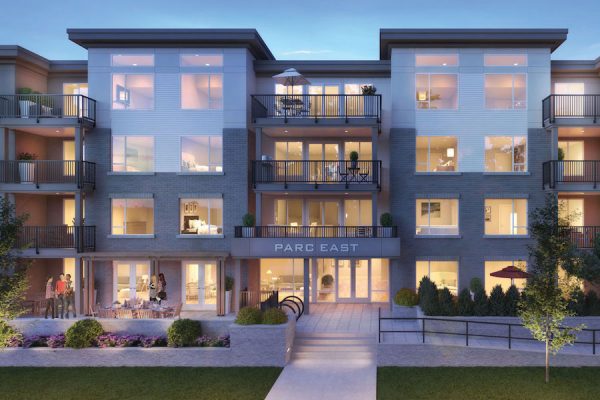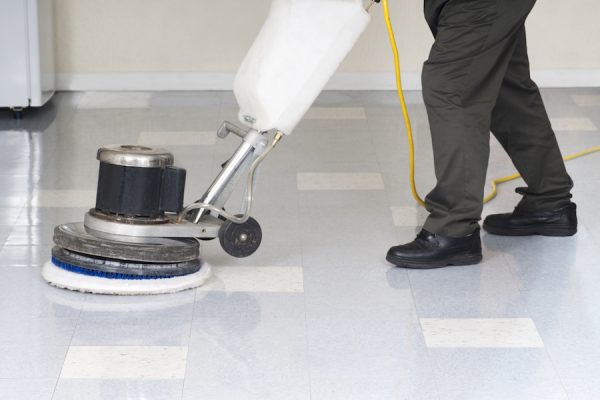The Challenge
Shack Shine was doing something innovative; offering all the different home detailing services that homeowners typically book through multiple providers – such as power washing, gutter cleaning, and Christmas light installation – through a single service. The company operated on a franchise model, with over 50 franchises spread across North America.
Managing digital ad accounts for 50+ franchises, each with different budgets and needs, presented unique challenges. Coming in, Jelly also had to take on pre-existing campaigns, which were not structured to best tackle the unique challenges at hand.
- Problems pacing to planned budgets in Google Ads monthly – specifically not spending full budget provided by franchises (two months before Jelly came in, spending was under target budget on average by 28%)
- The primary issue stemmed from the accounts being structured with individual campaigns for each service, along with budgets that were manually assigned. This approach failed to consider user intent and search volume between the different services, and seasonality.
- The strategy was implemented with outdated ad formatting (Expanded Text Ads), which needed transitioning to Responsive Search Ads.
- Excessive use of Keywords with Phrase Match Modifiers (a discontinued Match Type)
- These needed to be converted to Phrase Match, for those that were proven to be effective keywords.
- Excessive use of Manual CPC and Maximize Clicks bid strategies
- These bid strategies do not optimize for Conversions, which are the main goal of most service-based businesses
- Switching to a Maximize Conversions bid strategy was necessary to enhance long-term performance.
- No utilization of HTML5 creative ad types
- Facebook ads focused primarily on Direct Message conversions, placing excessive strain on franchise partner resources and producing low-quality conversions.
The Solution
- Implemented a new campaign structure, with a main Service campaign containing multiple ad groups, each targeting a specific service. This approach allows user demand to dictate which services ad spend was directed to.
- Updates were made to Keyword Match Types and ads rebuilt in current Search Ads formats.
- Campaign objectives were updated to align with specific goals for each campaign.
- Transitioned Facebook ad campaigns to primarily focus on booking conversions, enabling interested users to click directly through to the service booking system and schedule their services.
The Results
Results after the initial Google campaign overhaul:
- The new structure enabled ad groups to allocate spending based on user search intent, allowing services with higher intent and interest in a given month or season to utilize more of the budget as needed (June 2023 avg 1% under target variance of 10%, and able to control within variance range ongoing)
- Search Lost Impression Share (Budget) decreased due to the volume of Impression eligibility received with the new bidding and keyword strategy
- The combination of increased Impressions and increased ad quality has significantly enhanced both efficiency and effectiveness.
- The new ads had targeting that pursued more quality traffic and search intent.
This approach, combined with improved ad quality, resulted in more conversions at the end of the user journey. The smoother user experience, better aligned with user intent and the SSH offerings, naturally led to an increase in both Conversion Rate and overall Conversions.


